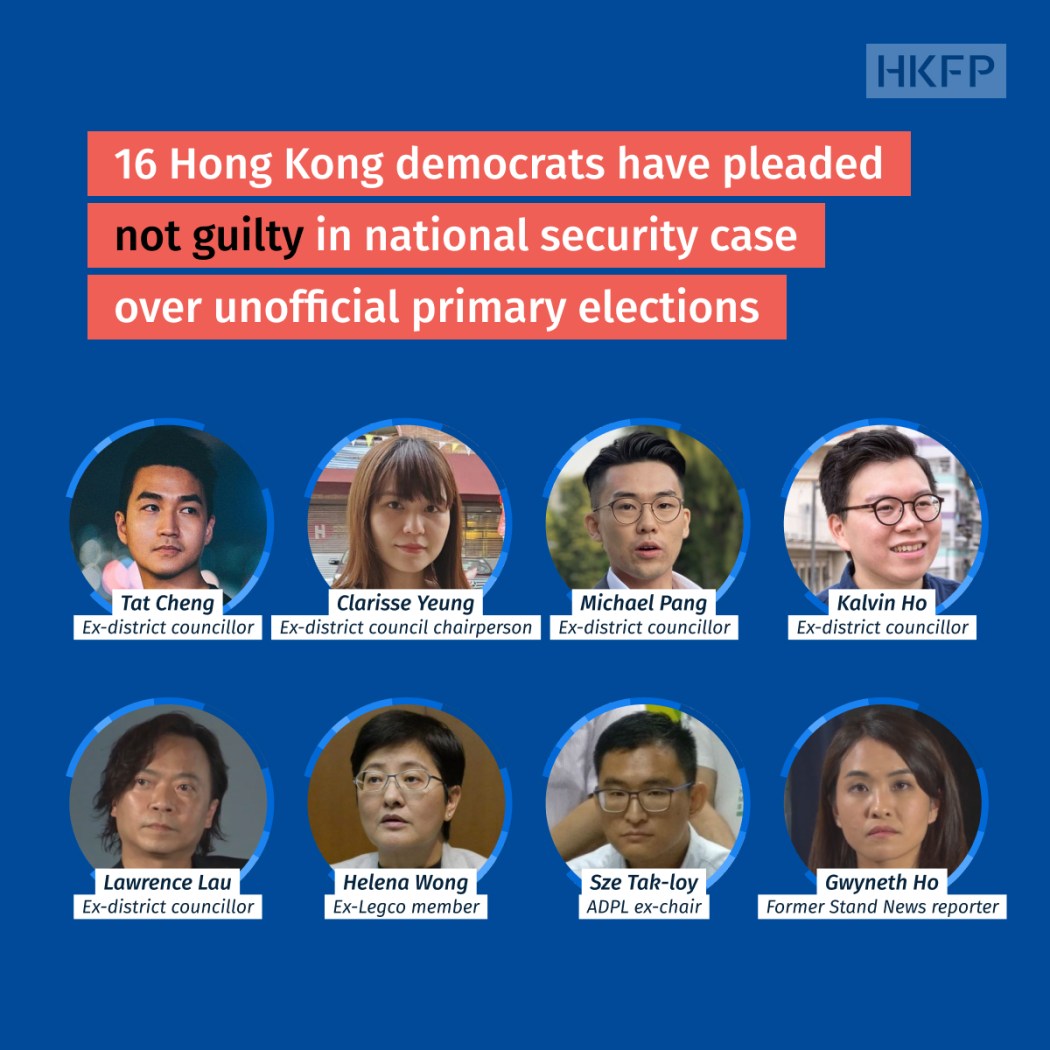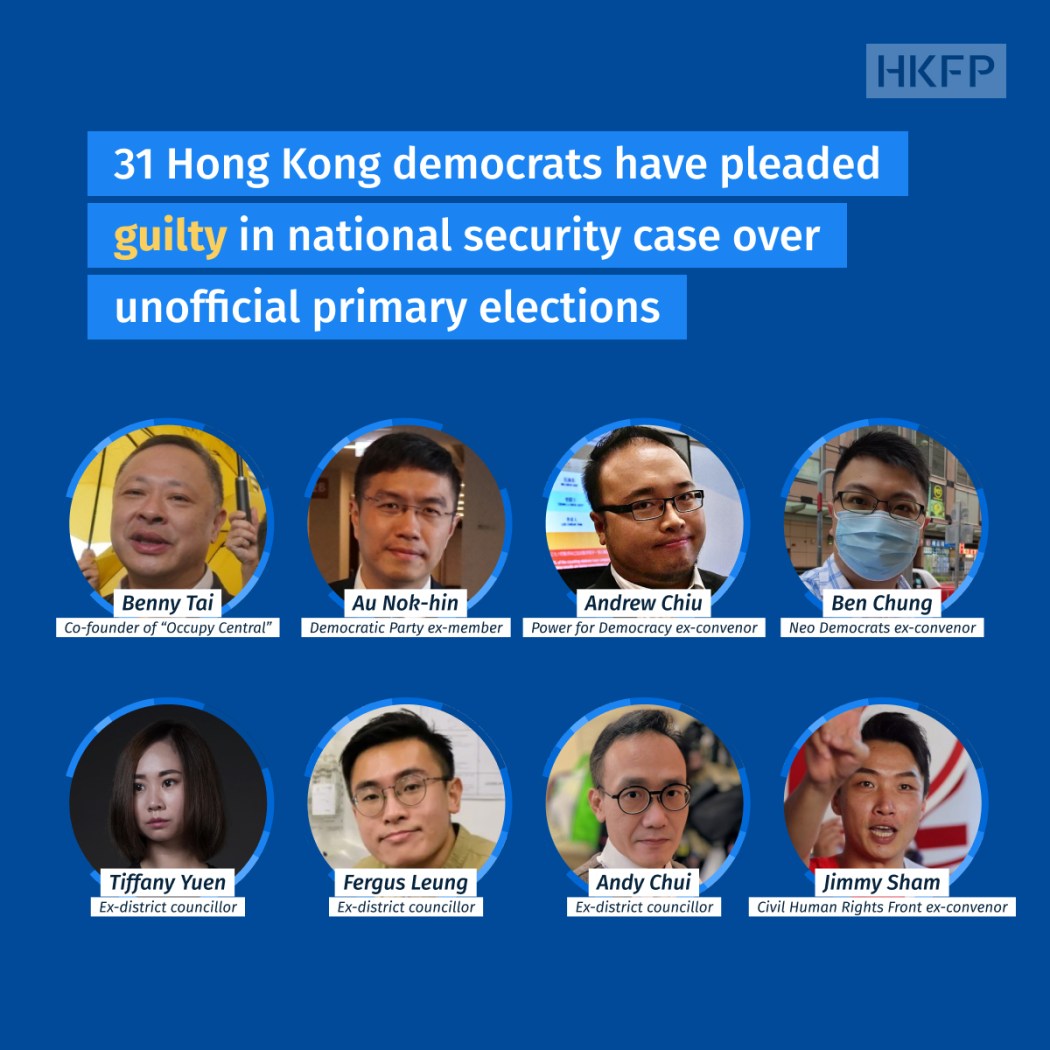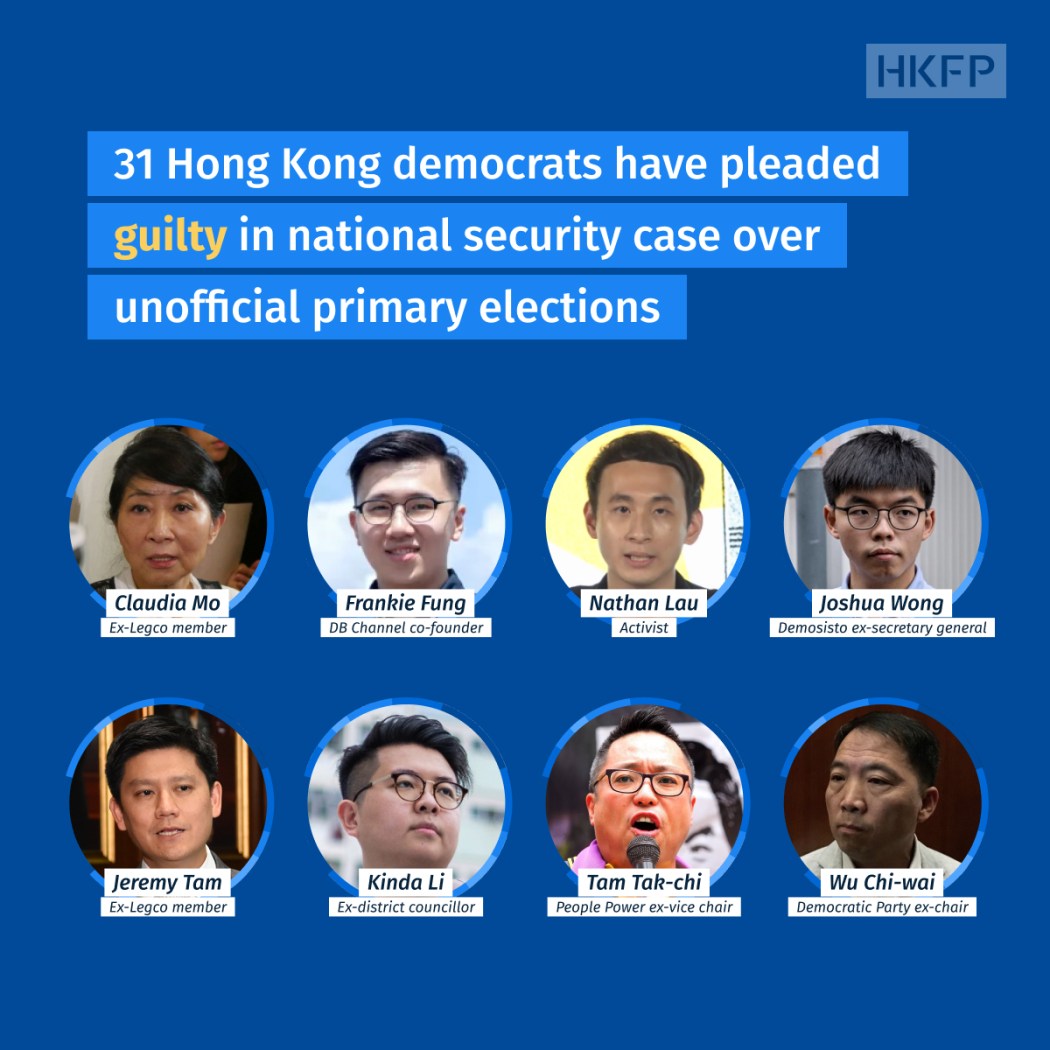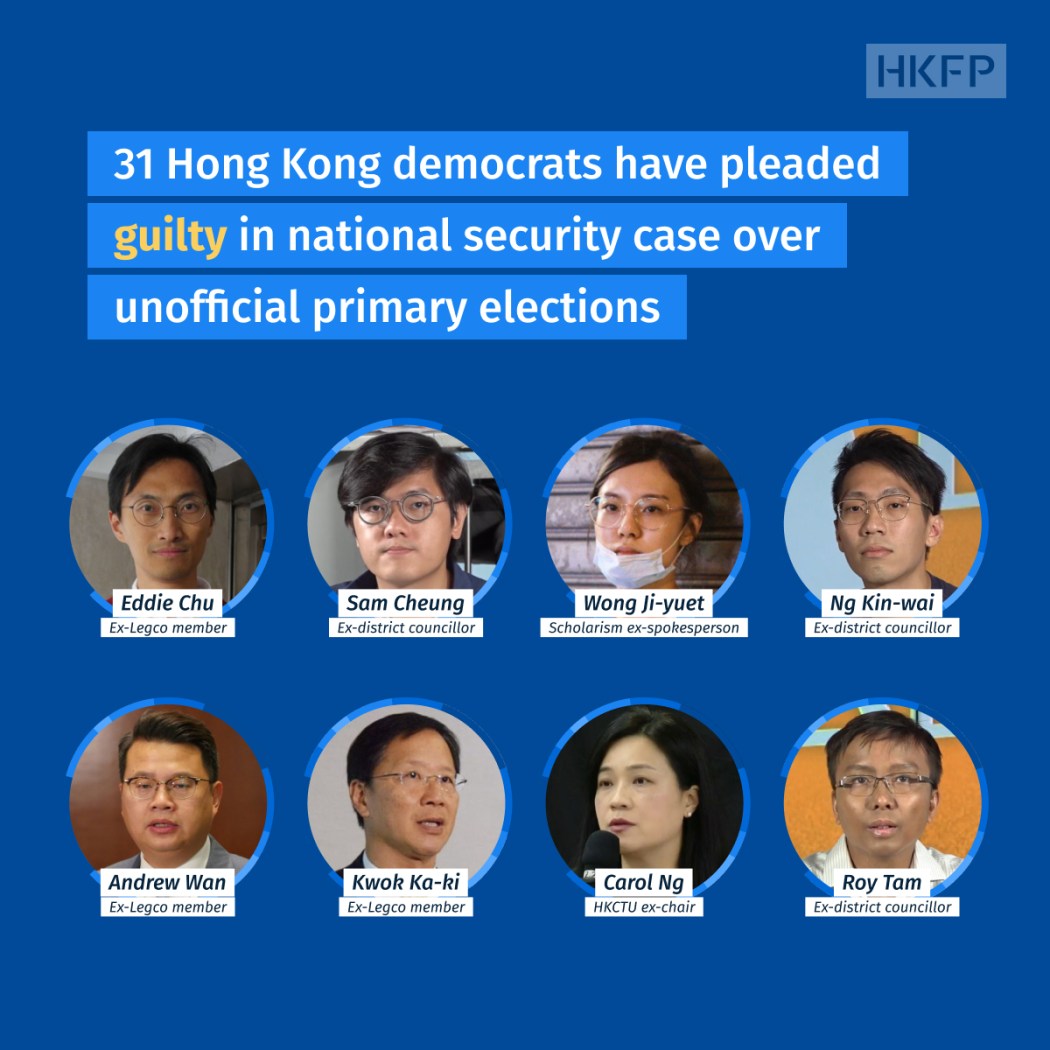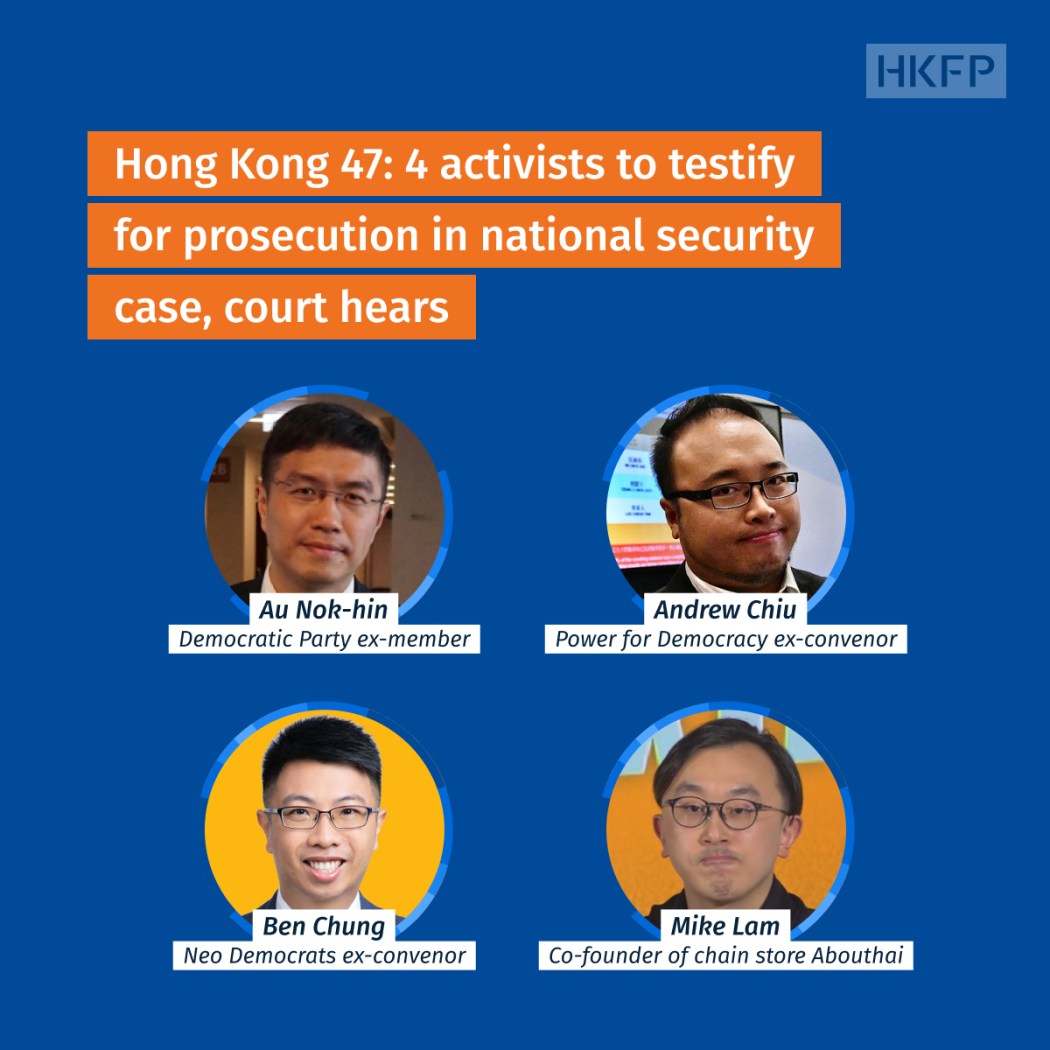A former Hong Kong politician testifying against dozens of fellow democrats during the city’s largest national security case has admitted to a judge that an “anti-government” tendency emerged during the course of organising an unofficial primary election in 2020.

Ex-district councillor Andrew Chiu was grilled by a panel of three handpicked national security judges and the defence on Friday, after he claimed that his original plan to create a poll to help the opposition camp win a legislative majority was “hijacked” by legal scholar Benny Tai and some localist resistance camp candidates.
The 37-year-old is one of the four defendants testifying for the prosecution in a landmark case against 47 well-known politicians and activists. Friday marked day 43 of a lengthy trial of 16 defendants who denied the charge of conspiracy to commit subversion. Together with 31 democrats who pleaded guilty earlier, the group could face up to life behind bars under the Beijing-imposed national security law if convicted.
Representing former Democratic Party lawmakers Helena Wong and Lam Cheuk-ting, barrister Erik Shum questioned Chiu based on his interviews with the police in June and July 2021, months after he and most of the defendants were remanded into custody pending trial.
Primary polls
According to the interviews, Chiu told the police that he and Power for Democracy, a political group of which he was the convenor, agreed to help execute the primary poll. Their objectives were to provide a platform for citizens to vote and choose the most suitable representatives of the pro-democracy camp to run in a Legislative Council election originally scheduled for September 2020, he said.
Such an intention was “hijacked” by Tai and some localist candidates, however, as the poll gradually became a “step by step way to influence the operation and stability of the government,” Chiu said in his police statement.
The 47 democrats stand accused of intending to abuse their powers as lawmakers, if elected, to indiscriminately veto budget bills, driving the government to a standstill and ultimately forcing the chief executive to step down.
Had the election not have been delayed for over a year due to the Covid-19 pandemic, the alleged conspiracy would have been “carried out to fruition” and would have gravely affected the city’s stability and people’s livelihood, prosecutors claimed when the trial began in early February.
Key evidence in the current non-jury trial included several articles penned by Tai about a 10-step “mutual destruction” plan. He predicted a major political crisis in the city would be set off by the government’s move to bar pro-democracy candidates from entering a legislative race. The plan would end with foreign countries imposing political and economic sanctions on China, the then-associate law professor at the University of Hong Kong anticipated.

Chiu told the court on Friday that his co-defendant, Au Nok-hin – identified as one of the two “primary movers” of the poll – shared his original intention. But he “absolutely did not” consider the other primary mover, Tai, as having the same goals in mind, he said.
“Your evidence is very clear… [you are] trying to draw a line between you, Au Nok-hin and Benny Tai,” High Court judge Andrew Chan, handpicked to preside over the high-profile case, remarked.
Chiu then faced questions over why he and his organisation agreed to undertake the primary election in May 2020, despite knowing there were talks about using the lawmakers’ powers conferred by the Basic Law to veto government bills.
The former convenor of Power for Democracy explained he did not want his organisation to become marginalised or “gets ruined in my hands.” He later agreed with judge Alex Lee, who described Chiu as wanting the group to remain relevant and “under the spotlight.”
Lee also asked Chiu if he had an impression that discussion on the topic of vetoing the budget became “intensified” at coordination meetings among the participants. The former politician confirmed he observed such a trend.

“There was a tendency that the primary election [had] become anti-government, whether or not it was legal. An anti-establishment tendency grew stronger and stronger. Do you agree?” Lee asked the witness.
Chiu replied: “I agree. It was the general atmosphere in society at the time.”
Following the lunch break, the democrat was grilled by judge Johnny Chan about a draft letter dated October 2020. The document was intended to thank district councillors and others who assisted in the primary election, but it was never sent out. The judge pointed to a line in the letter, which depicted primary election as “pioneering” for the city’s democratic movement.
“It does not sound like you were a victim of a hijacked plane, unless you suffer from Stockholm syndrome,” the judge remarked.
The defence will continue its cross-examination of Chiu next Monday.
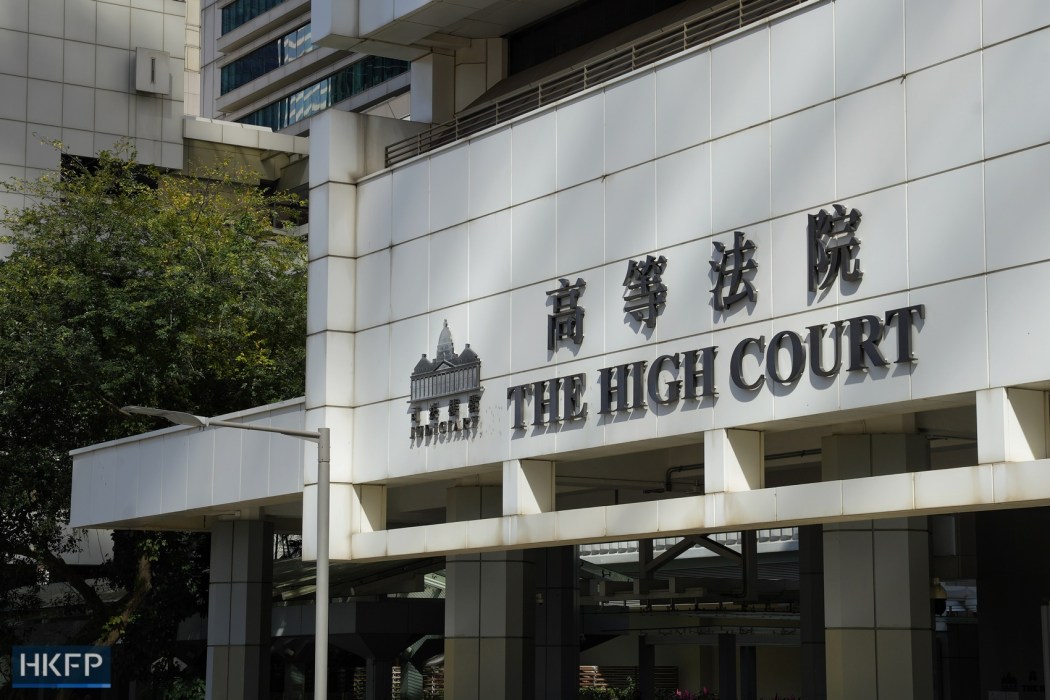
In June 2020, Beijing inserted national security legislation directly into Hong Kong’s mini-constitution – bypassing the local legislature – following a year of pro-democracy protests and unrest. It criminalised subversion, secession, collusion with foreign forces and terrorist acts, which were broadly defined to include disruption to transport and other infrastructure. The move gave police sweeping new powers, alarming democrats, civil society groups and trade partners, as such laws have been used broadly to silence and punish dissidents in China. However, the authorities say it has restored stability and peace to the city.
Support HKFP | Policies & Ethics | Error/typo? | Contact Us | Newsletter | Transparency & Annual Report | Apps
Help safeguard press freedom & keep HKFP free for all readers by supporting our team


